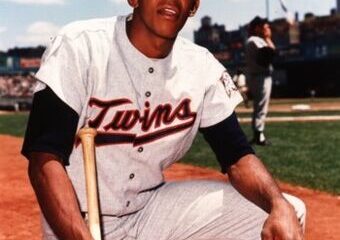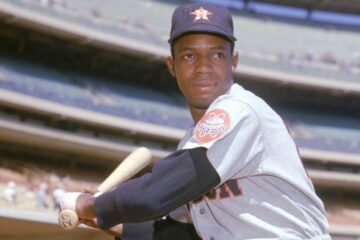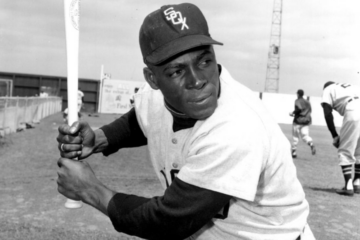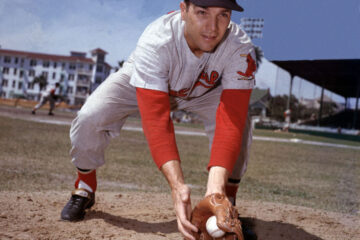What do we make of Edgar Martinez?

The BBWAA results for the Hall of Fame became official yesterday as the group added Jim Thome, Chipper Jones, Vladimir Guerrero, and Trevor Hoffman to the Hall of Fame. Edgar Martinez was the closest to getting in as he fell 20 votes short of enshrinement. History demonstrates that every player that has gotten as close as he has gotten in the Hall of Fame eventually. Martinez is a lightening rod for obvious reasons.
One of the foundations of my book, The Hall of Fame Index was that every player should be compared with players from his own position. Where do we place Martinez? He played more games at DH than any other position. Yet, there no DHs in the Hall of Fame, so there is no one to compare Martinez to. To be charitable, DH isn’t really a position. It was a strategy gimmick that ended up sticking. Still, it’s hard to crucify a player for that. So, you have to compare him with third basemen.
Naturally, this is where the rubber meets the road. The common conception is that a DH can’t be a Hall of Famer because defense is half the game. There is certainly a great amount of logic to that, but it fails against analysis because a part of preventing runs is pitching and a part is fielding. Even in the fielding department you have to split that up nine different ways. So, the amount of impact one fielder has on runs allowed is less than what you might think.
Fortunately, we have a third basemen going in the Hall of Fame at the same time. Additionally, Jones is universally regarded as a poor defensive third basemen, so we can evaluate Martinez on an interesting scale. What is the difference between a bad defensive player and a player that played no defense at all. Unfortunately, not every platform allows you to peer into it to break down the value of offense and defense. The original formula in the index used WAR, WARP, and win shares. Baseball Prospectus does not break down their WARP that way, so we will focus on baseball-reference.com’s version of WAR and Bill James’ Win Shares.
Chipper Jones
bWAR: 85.0
oWAR: 87.4
dWAR: -1.6
Offensive Win Shares 2002-2012: 184.9
Defensive Win Shares 2002-2012: 30.2
Total Win Shares 2002-2012: 215.1
Edgar Martinez
bWAR: 68.3
oWAR: 66.4
dWAR: -9.7
Offensive Win Shares 2002-2004: 44.4
Defensive Win Shares 2002-2004: 0.0
Total Win Shares 2002-2004: 44.4
Fielding is a sticky subject with WAR. Essentially, dWAR is weighted depending on the position, so some is added or subtracted before you even consider the individual merits of a player. So, a DH actually has negative value even if doesn’t do anything defensively. Yet, in the actual formula for bWAR, it is actually rare for a player to see his WAR actually go down because of fielding, but Jones pulls it off. What this means is that he was truly a poor defender. Martinez had a little more WAR than oWAR because he did manage to add some defensive value early on his career.
In terms of how fielding interacts with offense and totals, win shares makes far more sense. If you don’t play then you add zero value. In his book, James calculated three win shares to equal one win, but even then the numbers don’t quite sync. It is impossible to go below zero in win shares because of the nature of how it is constituted. It is possible to be worse than a replacement level player (as Jones was defensively). Of course, there was an interesting back and forth about the limitations of each platform earlier this winter between James and some proponents of WAR (namely Dave Cameron). Those are interesting reads if you have the time.
What the numbers above do is demonstrate that if a voter wants to use complex metrics to base their selections on then they can feel confident that those metrics have already penalized Martinez for not playing in the field. Jones may not be the worst defensive third basemen in the Hall of Fame, but he is pretty close. We do not have access to all of the complex machinations of every formula of WAR (or WARP) but we can be sure that the broad concepts are similar. Even though Jones was a butcher with the glove, his defensive value was still superior to Martinez. At least that is true in the way that those systems derived defensive value.
At the end of the day, Martinez must be evaluated on his own merits and the value he did bring to the game. He should be compared with third basemen and if he is then he belongs in the Hall of Fame. The value systems already have handicapped him in their own way, so there is no sense in handicapping him a second time.





